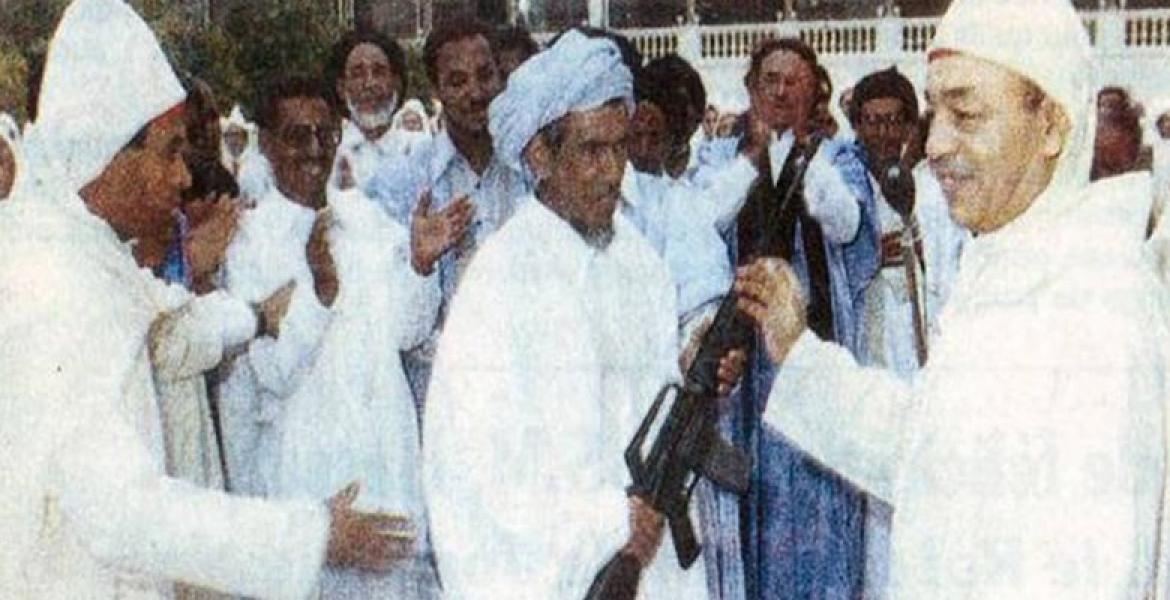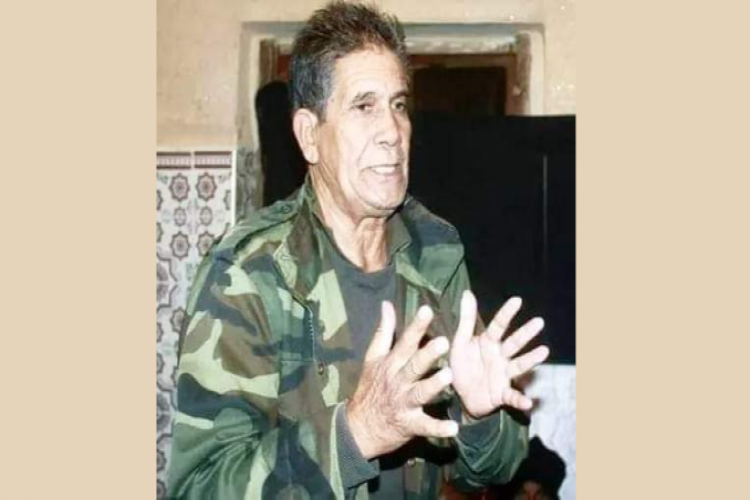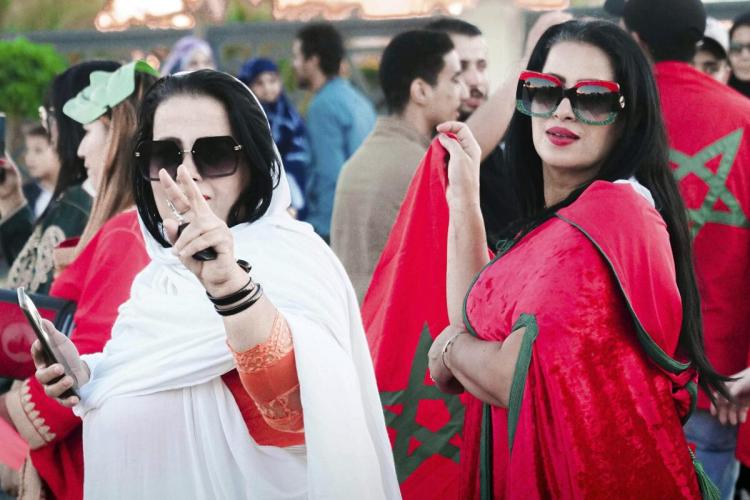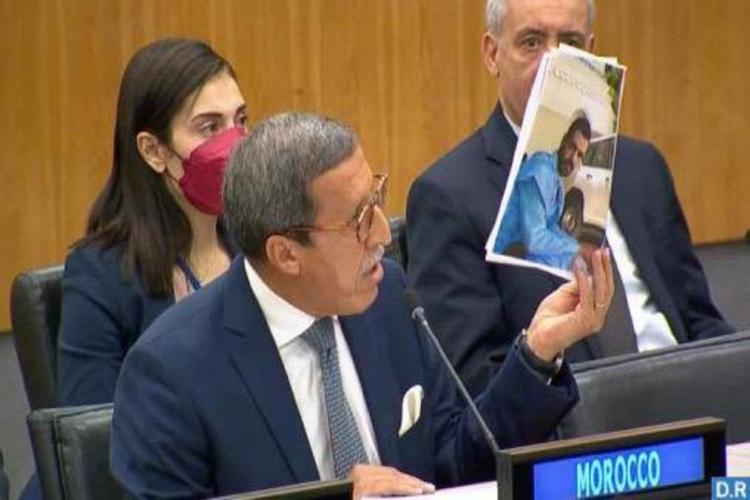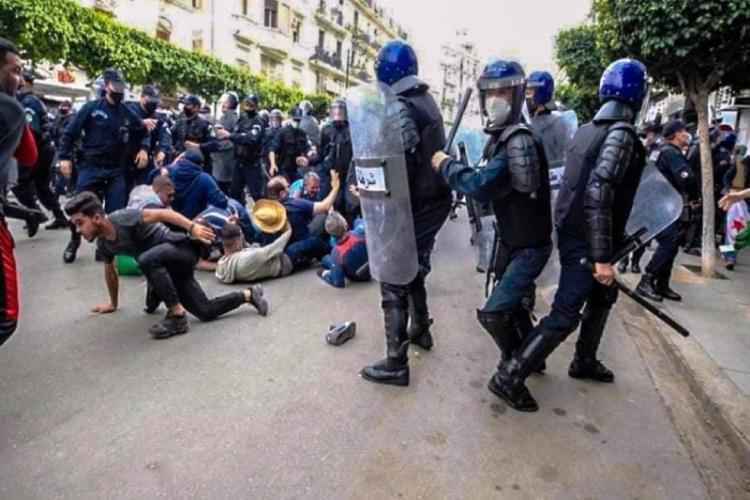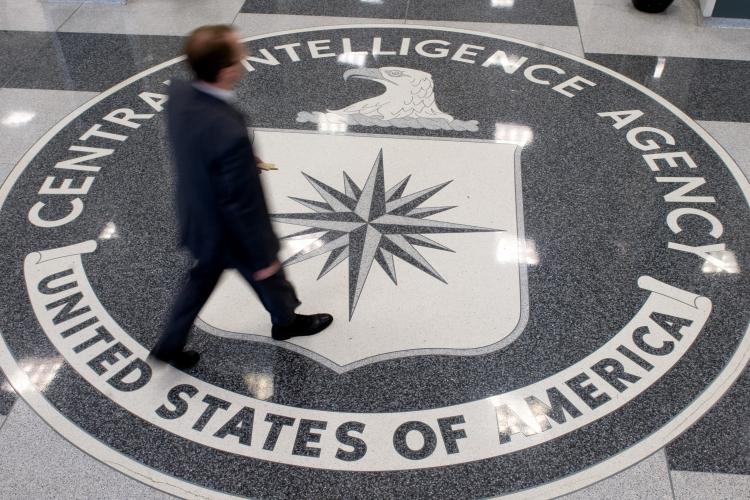Did Morocco really share the Sahara with Mauritania?
Colonial powers have often created problems, divisions, and conflicts when they leave an occupied region, rather than exiting cleanly. Since gaining independence, Morocco has consistently claimed sovereignty over the Sahara. This claim was renewed in 1958 and 1959, and Morocco continued to assert its rights in various forums.
After Mauritania gained independence in the early 1960s, it began asserting its own claim over the Sahara as part of its territory. In the early 1970s, after Morocco recognized Mauritania and welcomed it as a member of the Arab League in 1973, Spain found itself facing two countries demanding ownership of Western Sahara.
King Hassan II of Morocco increased pressure on Spain to withdraw from the Sahara by bringing the issue to the International Court of Justice in The Hague and staging the "Green March" . Spain was forced to negotiate with Morocco and Mauritania to end the occupation, amidst Algerian ambitions in the Sahara through their support for the Polisario Front. To facilitate its withdrawal, Spain proposed a division of the Sahara between Morocco and Mauritania, with Morocco gaining control over Laayoune and Boujdour, and Mauritania gaining control over Dakhla.
Hassan II accepted this agreement, recognizing that it would restore some of Morocco's territories and prevent Spain from continuing its presence in the Sahara through a staged self-determination referendum, effectively thwarting liberation efforts. This division also aimed to prevent the involvement of a third party, namely Algeria, which was strong at the time with powerful allies from the Eastern bloc. Algeria supported the Polisario Front under the guise of liberation, claiming that its assistance aimed to expel Spanish occupation and free Arab land from colonial rule.
Morocco accepted the division reluctantly, taking into account the evolving international situation that was not in its favor. Drawing lessons from the past, especially from the swift turn of allies who previously supported its claim over Mauritania's sovereignty, Morocco faced an unfavorable international landscape. Ultimately, despite Algeria's attempts to seize Moroccan Sahara, circumstances aligned to return the entire region to Morocco.
When Mauritania signed the "Peace Treaty" under Algerian pressure on August 5, 1979, formally handing over control of the Oued Eddahab region to Polisario, Hassan II remarked, "Perhaps you hate something that is actually good for you." In response, he deployed Moroccan Armed Forces to Dakhla and Oued Eddahab, effectively nullifying the agreement on paper and reclaiming the entirety of Western Sahara.

